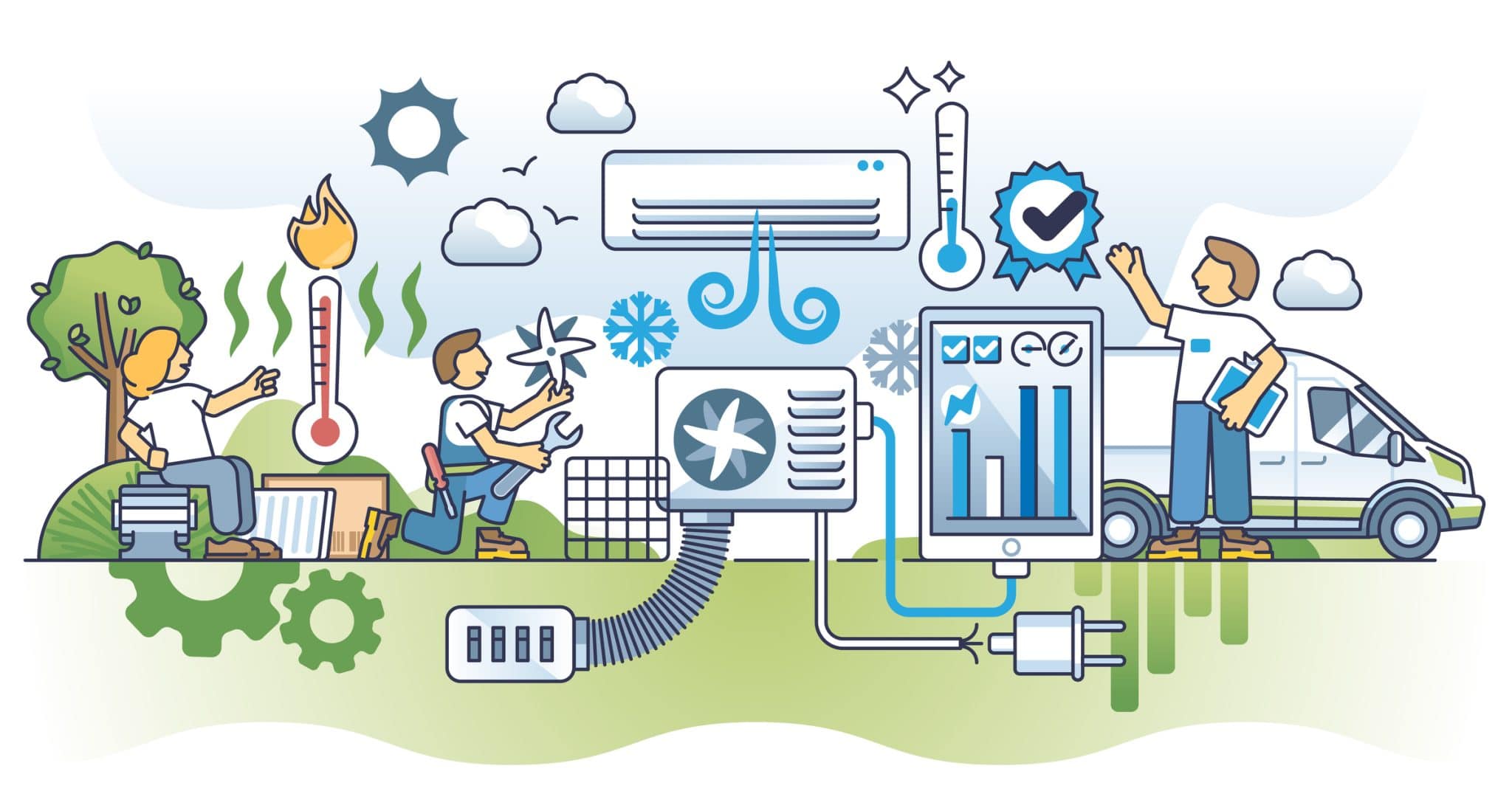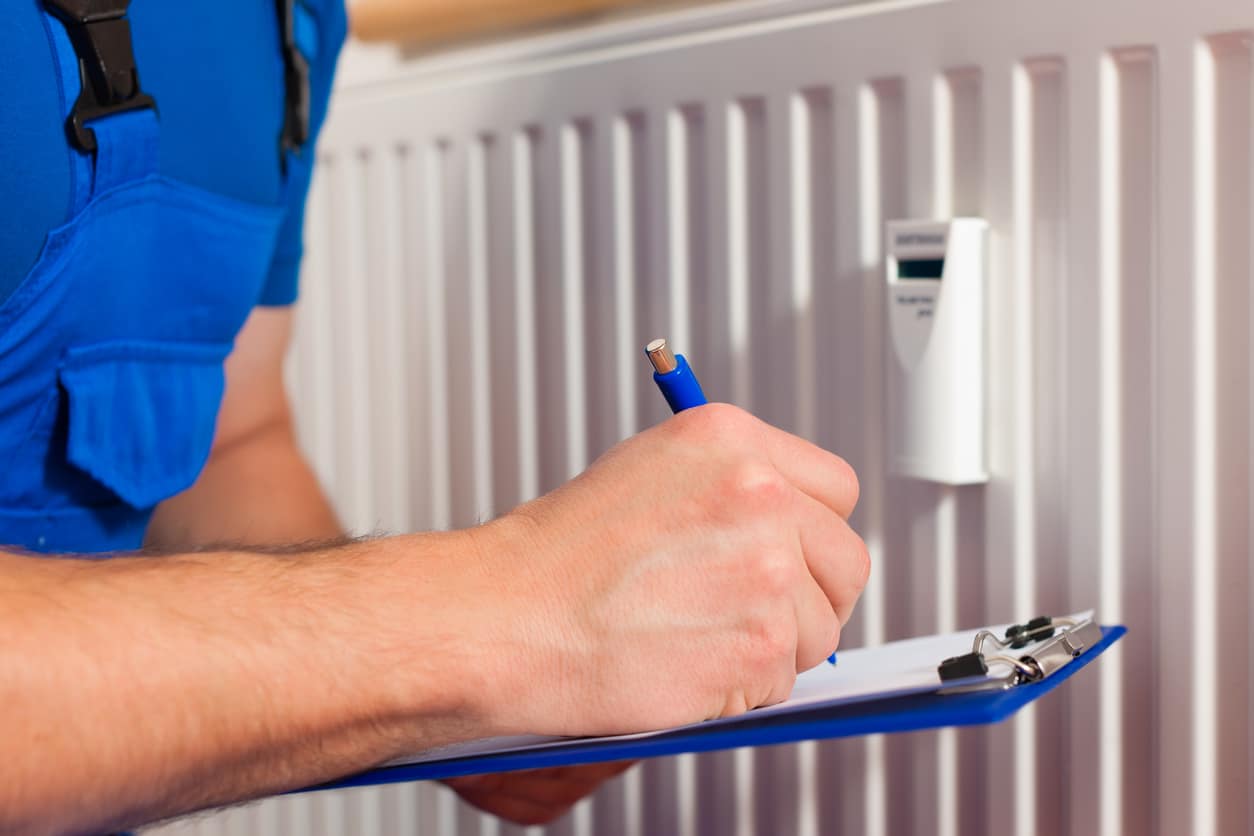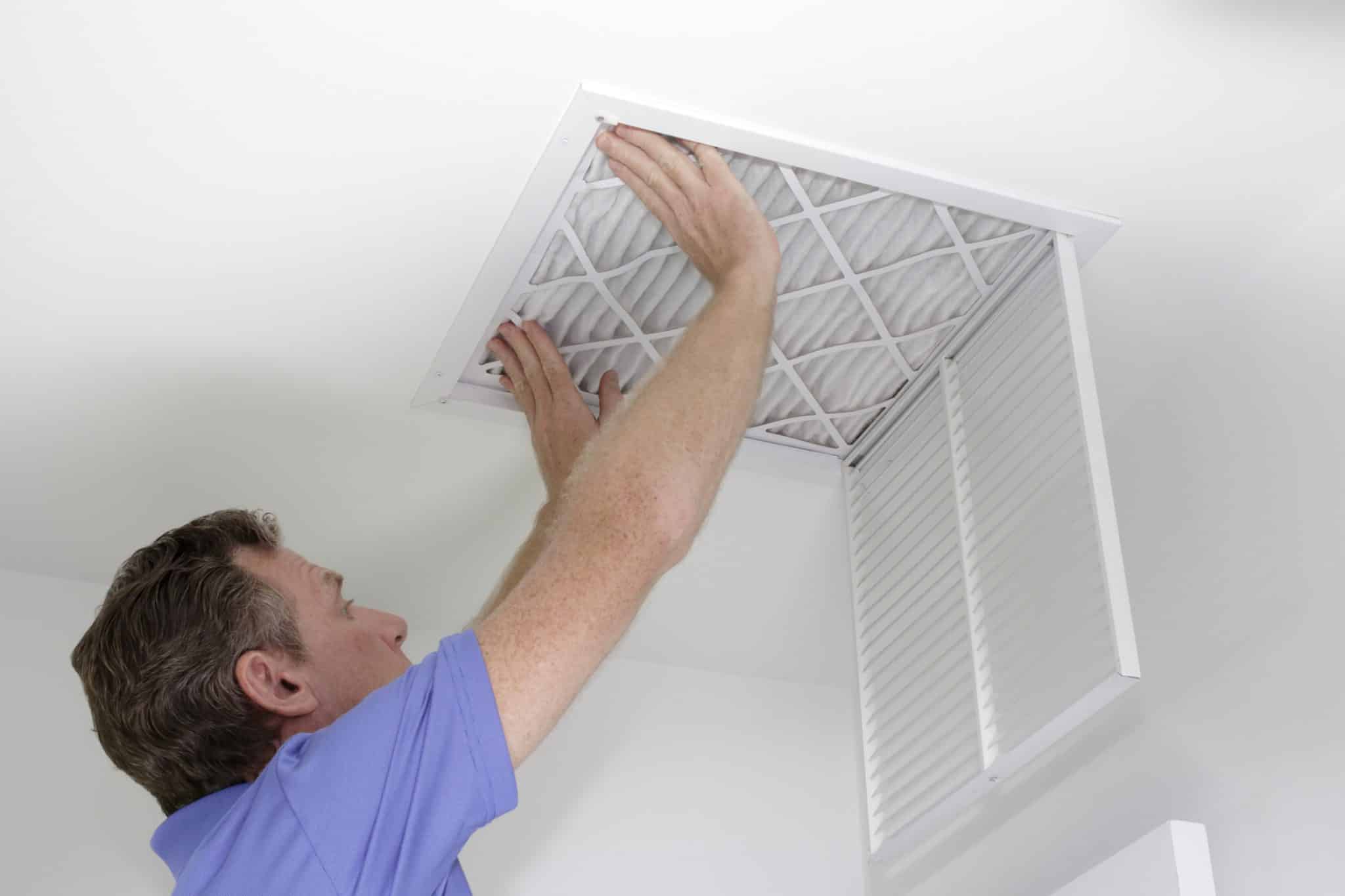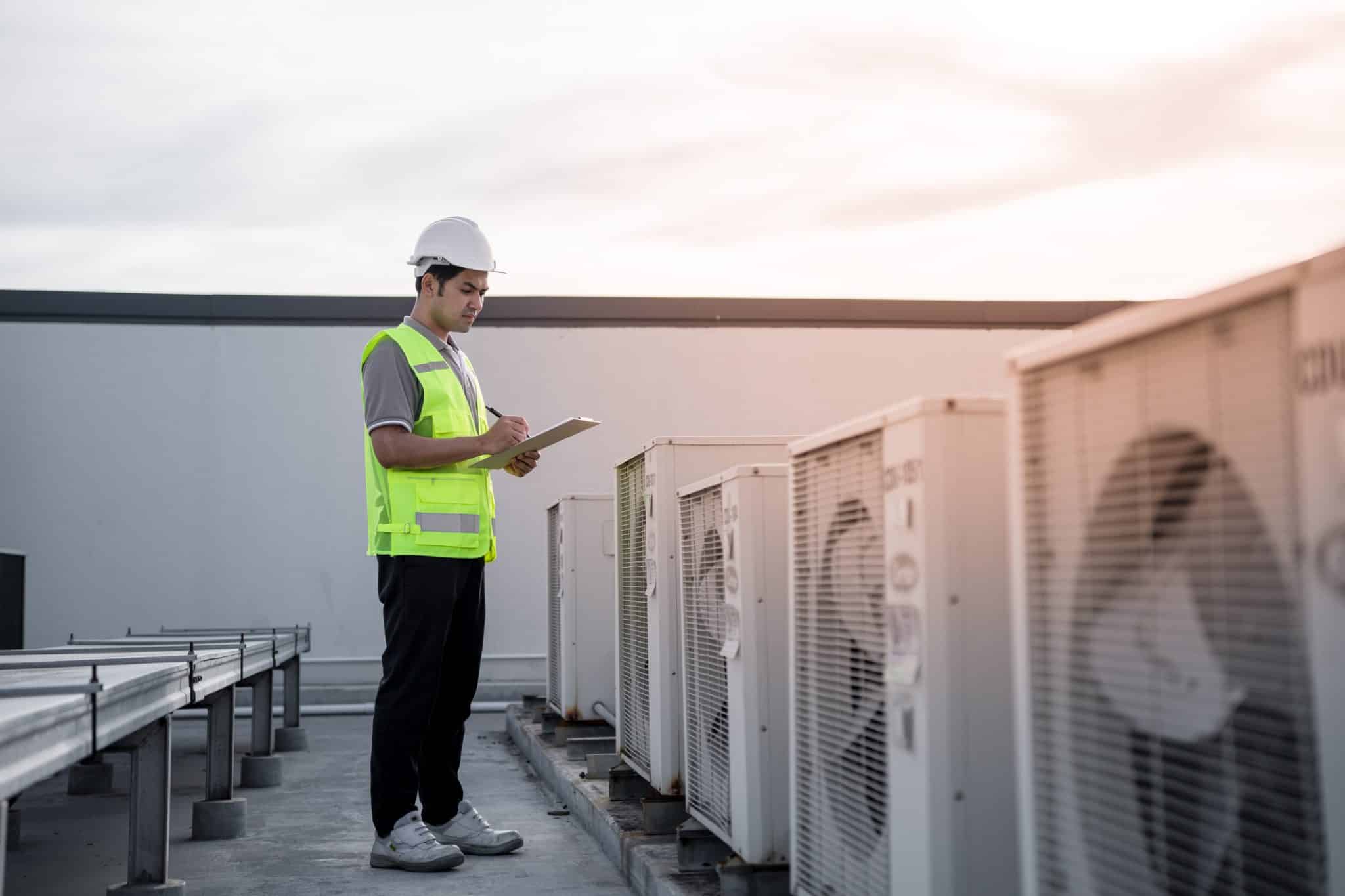When that first cold front rolls in, you don’t want to discover your furnace has…

The Essential Guide to HVAC and Insulation Upgrades
To reduce energy bills and minimize environmental impact, homeowners and businesses alike are turning towards more sustainable solutions. Two critical components in achieving significant energy savings include ensuring proper building insulation and installing efficient HVAC systems, notably those offered by industry leaders like Rheem. This synergy not only paves the way for considerable HVAC cost savings but also increases the comfort and value of your property.
The Role of Proper Insulation
Insulation acts as a thermal barrier, maintaining desired temperatures within a space throughout the seasons. Its primary role is to minimize the heat exchange between the interior of a building and the external environment.
- In Winter: It traps heat inside, reducing the amount of energy needed to keep the space warm.
- In Summer: It blocks out excessive heat, lessening the workload on cooling systems.
This reduced demand for heating and cooling contributes significantly to energy savings, but the impact of insulation extends further when paired with an energy-efficient HVAC system.
The Importance of Energy-Efficient HVAC Systems
HVAC systems are at the heart of a building’s energy consumption, accounting for a substantial part of monthly energy bills. Opting for an energy-efficient model, such as those developed by Rheem, can lead to:
- Lower Energy Bills: Rheem energy-efficient systems provide maximum comfort while consuming less energy.
- Reduced Environmental Impact: These systems use less energy, decreasing the carbon footprint associated with heating and cooling.
- Longevity and Reliability: High-efficiency systems often include advanced technologies that enhance performance and durability.
The combination of effective insulation and a Rheem energy-efficient HVAC system can significantly amplify the energy savings achieved through each method individually.
The Synergy of Insulation and Rheem’s Energy-Efficient HVAC
- Optimized Performance: Proper insulation reduces the workload on the HVAC system, allowing the Rheem energy-efficient systems to operate at peak efficiency.
- Enhanced Comfort: A well-insulated space with a reliable HVAC system for even temperature distribution, eliminating hot or cold spots.
- Increased Savings: The cumulative effect of reduced energy consumption translates into considerable savings on energy bills over time.
Key Considerations
To maximize the benefits of insulation and an efficient HVAC system, consider the following:
- Assess Insulation Needs: Evaluate your space to determine where additional insulation could be beneficial, such as attics, walls, and floors.
- Choose the Right HVAC System: Choose a system that matches your space’s size and needs. Rheem offers a variety of energy-efficient options suitable for different settings.
- Regular Maintenance: Make sure both your insulation and HVAC system are well-maintained to sustain energy savings.
Everything You Need to Know About HVAC System Maintenance for Your Home
Is it more cost-effective to upgrade insulation or replace an older HVAC system first for energy savings?
The most cost-effective approach depends on the current state of your insulation and HVAC system, alongside your energy savings goals. Evaluating the age, condition, and efficiency of your current HVAC system and the quality of your building’s insulation is a good starting point. Generally, if your HVAC system is significantly old or inefficient, upgrading it could provide immediate energy savings and comfort improvements.
On the other hand, enhancing insulation can reduce the load on the HVAC system, leading to further savings. Ideally, addressing both aspects as part of a holistic energy-saving strategy will yield the best results.
How do I know if my current HVAC system is energy efficient?
You can determine the energy efficiency of your HVAC system by looking at its Seasonal Energy Efficiency Ratio (SEER) for cooling units and the Annual Fuel Utilization Efficiency (AFUE) for heating units. The higher the SEER or AFUE rating, the more efficient the system. Systems that are ENERGY STAR certified are also recognized for their energy efficiency.
How frequently should I have my HVAC system serviced to maintain its efficiency?
It’s recommended that your HVAC system be serviced at least once a year so it operates at peak efficiency. Typically, servicing is done in the spring for cooling systems and in the fall for heating systems. Regular maintenance helps identify issues before they lead to costly repairs and can prolong the life of your system.
What type of insulation is most effective for reducing energy costs?
The most effective type of insulation depends on several factors, including your climate, the part of the home you’re insulating, and the R-value needed. Fiberglass, cellulose, and foam spray insulation are popular options, each with its pros and cons. High R-value insulation materials are generally more effective at reducing energy costs by better retaining heated or cooled air.
Should window replacement be considered part of an overall strategy to improve HVAC efficiency?
Absolutely. Windows play a crucial role in a home’s insulation system. Old or poorly sealed windows can lead to significant heat loss during winter and heat gain during summer, forcing your heating and cooling systems to work harder. Replacing old windows with energy-efficient, double-pane windows can enhance your home’s insulation, reduce energy costs, and improve the overall efficiency of your HVAC system.
Rheem Pro Partners: Leading the Way in Energy Savings for Your Home
The path to achieving energy savings and reducing environmental impact heavily relies on the dual approach of improving insulation and employing energy-efficient HVAC systems, such as those developed by Rheem. This powerful combination not only leads to significant reductions in energy consumption and costs but also elevates the comfort and sustainability of your living or working space.
Taking proactive steps to assess and enhance your property’s insulation and HVAC systems can unlock substantial long-term benefits, making it an essential consideration for anyone looking to optimize their energy use.
Find a pro near you to start upgrading your home!


